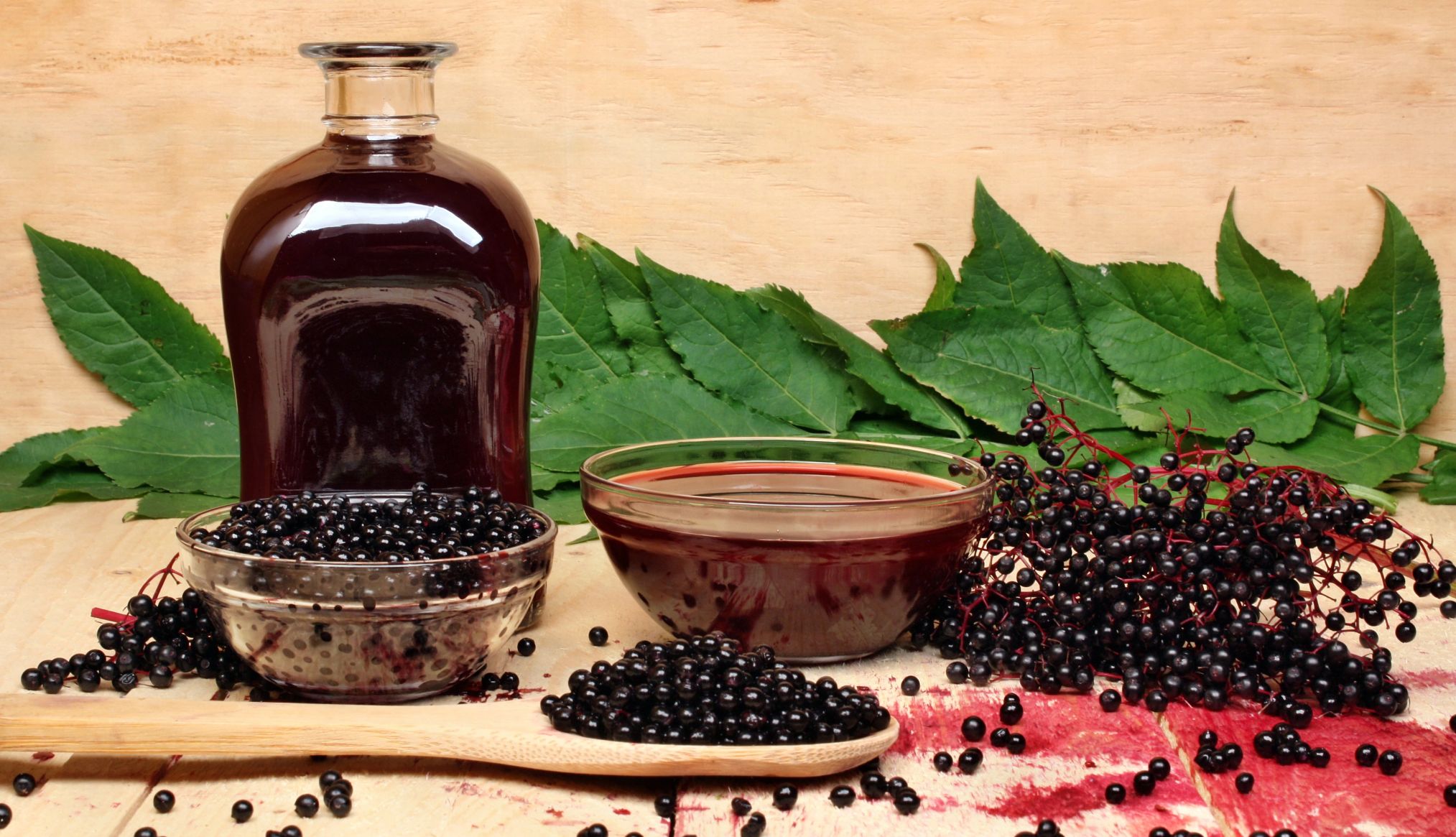AARP Hearing Center


You’re laid low by a fever, chills, runny nose, congestion. Can elderberry deliver relief?
Thanks to what are believed to be the herbal supplement’s immune-boosting superpowers (the tiny purple berry is loaded with vitamins and antioxidants), elderberry is having something of a moment.
A growing number of people are reaching for elderberry juice, syrup, gummies, capsules, tea and tablets to help them power their way through a cold or the flu, while others are simply looking to reap the perceived health benefits. All, despite the fact that high-quality research into whether elderberry actually helps prevent and treat common respiratory infections is lacking, and the small studies that do exist are far from conclusive.
Complicating matters, elderberry supplements — like all herbal supplements — are not subjected to the same rigorous testing, manufacturing and labeling standards as prescription and over-the-counter medications.
For example, the label on an herbal supplement can include broad promises about the product’s impact on the body — that it “reduces stress” or “promotes digestive comfort.” And unlike highly scrutinized prescription and over-the-counter medications, standardization with supplements is lacking.
“Unlike with pharmaceutical drugs, there’s no requirement that botanicals need to be prepared in any standardized way,” says Pieter Cohen, M.D., an internist at Cambridge Health Alliance and associate professor of medicine at Harvard Medical School, who studies supplement safety. “What we’ve found when we analyze botanical supplements is that the amount of active compound varies widely from one brand to another. So when you go to the store and buy elderberry, you have no idea what you’re getting.”
What is elderberry?
According to The Plant Humanities Lab, the dark violet-black berry’s beginning as a go-to for colds and flu dates back to 400 B.C. That’s when Hippocrates — the Greek physician known as the “father of medicine” — called the elder plant his “medicine chest” because of the many health woes it seemed to treat — from constipation to hemorrhoids to insect bites and upper respiratory infections.
Although there are a number of elderberry varieties, it’s the black elderberry (Sambucus nigra) that’s believed to possess the most immune-boosting bona fides. It’s among the richest sources of plant compounds known as polyphenols, specifically anthocyanins, which have been shown to help immune function.



































































More From AARP
Fake Supplement and Vitamin Scams
How to spot fake dietary supplement scams
Medications that Can Harm the Liver
Plus, how you and your doctor and lower your risks
Should You Take a Daily Aspirin?
A cardiologists' advice about who should regularly take this common medication